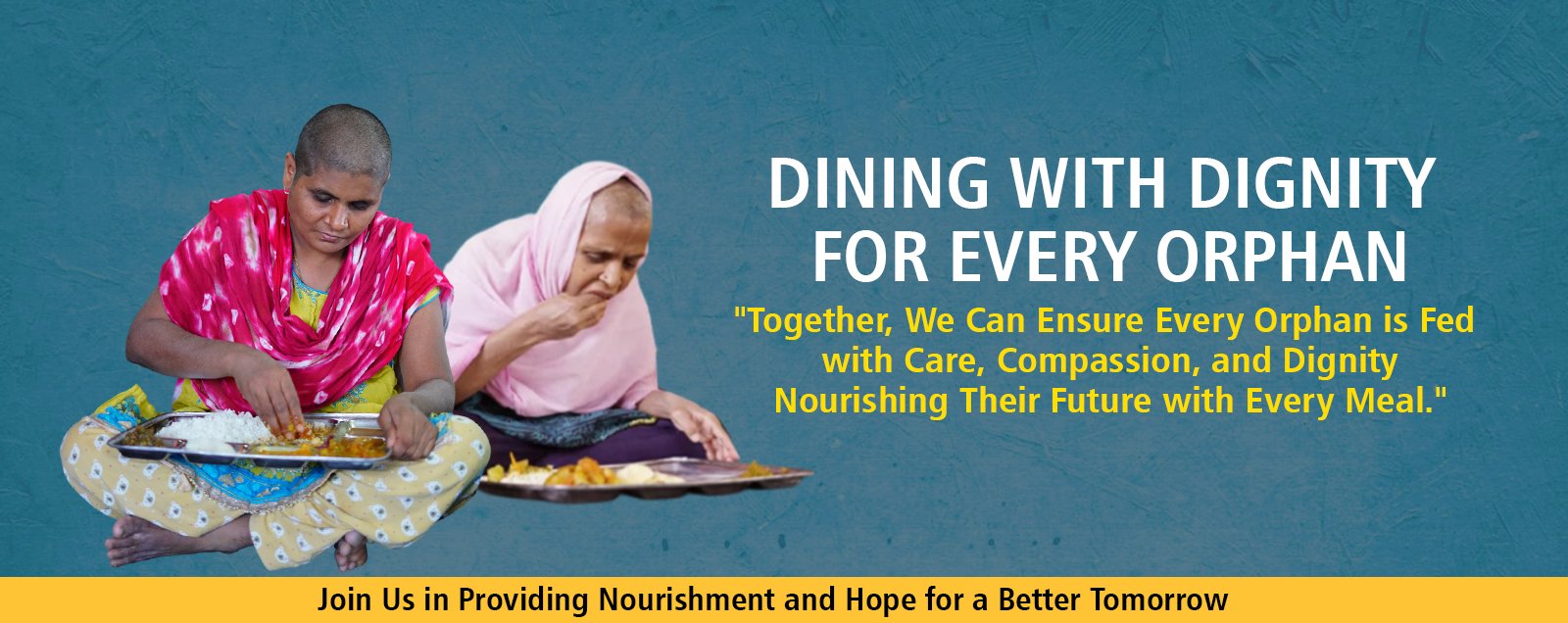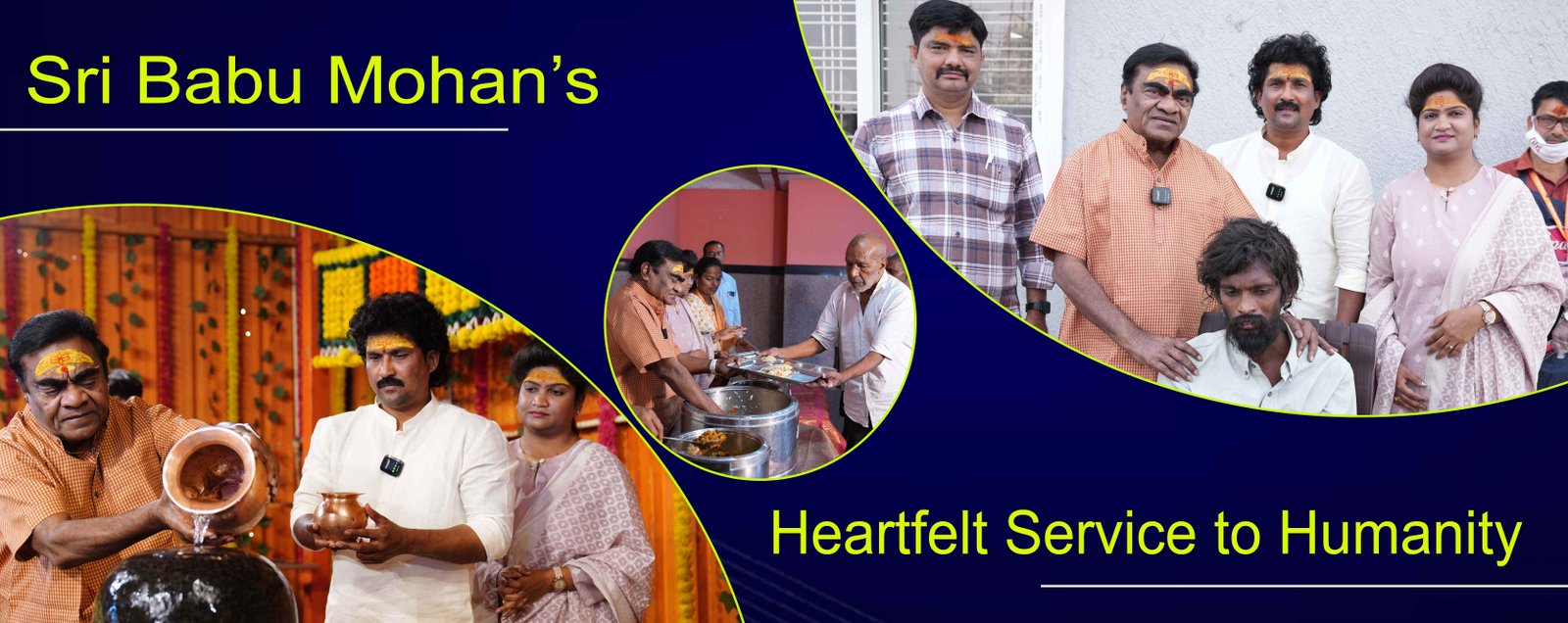- News
- News Blog

Ways to Breaking the Cycle of Poverty
One step at a time, we can break the cycle of poverty.
Millions of people around the world live in poverty, which continues to be one of the largest problems in society. Many people fall below the poverty line for a variety of reasons, such as financial difficulties, illiteracy, and, occasionally, mental health issues. Sadly, people with mental illnesses frequently encounter additional obstacles, which leaves them defenseless and abandoned.
Five Strategies to Fight Poverty
1. Making education and skill development accessible
Education and career training are two of the best strategies to end the cycle of poverty. Many impoverished people do not have access to basic schooling, which hinders their ability to find steady work. People can improve their quality of life and become financially independent by receiving training in a variety of disciplines.
2. Growth of the economy
Reducing poverty on a large scale requires a robust economy. Economic expansion in a nation benefits the poor by increasing employment possibilities, raising wages, and expanding social services. Whole communities are improved by investments in entrepreneurship, industry, and infrastructure.
3. Ensuring Accessibility to Healthcare
Poverty is a cause as well as an effect of poor health. Lack of access to healthcare worsens the situations of many people in poverty and limits their capacity to work. People with disabilities become even more marginalized as a result of the frequent disregard for mental health care in particular.
Giving everyone access to reasonably priced medical care, mental health services, and rehabilitation programs guarantees that everyone can live a healthy and fulfilling life, regardless of financial situation.
4. Equality & Social Support
Communities play a vital role in lifting people out of poverty. Support networks, local initiatives, and charitable organizations can help provide food, shelter, and resources to those in need. By fostering a culture of inclusion, individuals suffering from poverty, especially those with mental disabilities, can feel supported and empowered.
Awareness campaigns and volunteer-driven programs can also help change societal attitudes, ensuring that marginalized individuals receive the respect and assistance they deserve.
5.The Power of Donations
Donations play a crucial role in combating poverty, especially for NGOs that provide essential services to marginalized communities. Financial contributions help sustain programs that offer education, healthcare, employment training, and shelter for those in need.
The Role of Amma Nanna Ashramam in Fighting Poverty
Due to these challenges, many individuals lack sufficient resources for healthcare and education, suffer from food insecurity, or become orphans, mentally ill, or homeless, often living amidst piles of garbage. Amma Nanna Anada Ashramam strives to bring such individuals together and provide them with shelter.
At Amma Nanna Anada Ashramam, we recognize that poverty is not just about financial struggles—it’s about dignity, opportunity, and inclusion. Our work focuses on rescuing and rehabilitating mentally disabled orphans, ensuring they are not left behind in society.
Join us in making a difference. Together, we can build a society that without orphans
Frequently asked questions:
Q. What is Poverty? A: Poverty refers to the condition in which an individual or community lacks the financial resources to meet their basic needs, such as food, shelter, clothing, and access to healthcare and education. It is often associated with a lack of opportunities for employment, social services, and overall economic participation. People living in poverty face challenges in achieving a sustainable quality of life and are more vulnerable to various hardships.
Q. What are the Reasons for Poverty? Poverty can result from a combination of factors, including lack of access to education, healthcare, and employment opportunities. Social inequality, economic instability, and mental health challenges can also contribute to individuals or communities being trapped in poverty.














